Since April, viewers have been able to discover season 2 of The Last of Us, HBO's adaptation of the eponymous game. Every Monday for the past 7 weeks has been the opportunity to get a new episode of Ellie's (and Joel's) adventures. Set five years after the events of the first season, the plot picks up the threads of The Last of Us Part II.
So, no surprises for players for whom this adventure is starting to become familiar. That's without counting on the intervention of showrunner Craig Mazin, who promised us all a unique journey, as if we were discovering it for the very first time. Because that's precisely the experience of ordinary mortals, viewers who have never touched the PlayStation controller to dive into the universe of Naughty Dog. After a more than successful first season, has the bet been met? The answer is in this review of The Last of Us season 2.
Pressure on his shoulders
The second season of The Last of Us was eagerly awaited. The first nine episodes of the series had won over not only gamers, but also video game neophytes. Viewers quickly became attached to this small-screen version of Ellie and Joel. The young girl has grown into a young woman, while the adoptive father has aged, burdened by the consequences of his past actions.
After joining the Jackson AFB, both have moved on with their lives, trying to rebuild their lives after the traumatic events that occurred five years earlier. Ellie was narrowly saved by Joel, who decimated the Fireflies. This group of survivalists wanted to use Ellie's seemingly unique immunity—and take her life in the process—to find a cure or vaccine against Cordyceps.
This second season marks a turning point even darker than the beginning. Infection is no longer the only enemy of survival when it comes to protecting oneself from other armed groups, climatic conditions, and the dark human nature that lies within us all. The post-apocalyptic atmosphere becomes even more oppressive, but deeper and more mature.
Craig Mazin corrects his flaws...
Visually, the series The Last of Us has nothing to envy from other post-apocalyptic works, or even video games. HBO spared no expense when it came to special effects, makeup, costumes, and sets. The universe is respected in every sense of the word and even lives up to the ambition it set for itself.
Where the series The Last of Us stands out from the video game is through its casting. Bella Ramsey and Pedro Pascal achieve the feat of giving a second life to characters we already know very well. This is far from an easy task when adapting a video game as award-winning and acclaimed for its storytelling as The Last of Us Part II.
Against all expectations, Caitlyn Dever takes on the role of Abby with a certain mastery. On the other hand, her comrades remain in the background, almost erased. We hope to see them gain more importance in season 3. Some connections between the characters are well-developed, but one or two additional episodes would have allowed for better development of the various attachments. The relationships between Dina and Ellie, or even Dina and Jesse still had things to show us, but we appreciate the special treatment that the one between Jesse and Ellie had.
Despite Joel's death, his relationship with Ellie continues to shine throughout the series. The game, however, gave more space to the young woman's friendships, her relationship with violence, her quest for identity, and her budding romance in particularly harsh conditions. Dina, played by Isabela Merced, has no trouble asserting herself. The actress is convincing, but her character sometimes remains too superficial. Craig Mazin still manages the feat of bringing Joel to life through her by exploring a part of their bond that isn't present in the base game.
... but is fooled by the ease of the adaptation
Craig Mazin chooses to remain extremely faithful, shot by shot, to the plot of The Last of Us Part II. This is not a surprise for this second season, since it was already the case in the first. It is in the construction of the narrative that everything is played out. Is the narrative conceived for a video game really transposable as is to a passive format like the series?
In our opinion, the structure in two distinct parts does not work. What makes the viewer's involvement more impactful in the original story is the fact that they can interact with the universe through both characters. The player has no choice but to adopt Abby's point of view, literally. The viewer, however, has this choice.
It remains to be seen how this is brought to Season 3, but there is much less chance that series fans will adhere to this strategy. In addition, this choice of structure over an entire season created pacing issues that could easily have been done without.
There are certainly many more action phases in this Season 2. Craig Mazin learned his lesson and listened to the critics by integrating into this salvo of episodes numerous fights against the infected, which were sorely lacking in the image of Season 1. This does not prevent the series from sometimes going around in circles and adopting staging techniques incompatible with the format. Season 2 struggles to hide its heaviness and slowness with a too linear storyline.
The narrative structure called into question for the sequel
Certain moments, essential in the game to reinforce the immersion and involvement of the player – resource recovery, exploration of new locations, introduction of enemies – become simple plot pretexts in the series, unnecessarily slowing down the plot.
This could have been avoided by adjusting the narrative so that there was a shift in direction between Abby's and Ellie's storylines. Some of the plot devices serve the suspense, but by trying too hard to create artificial tension, we lose the powerful side of the universe.
This is also true of the subtlety and nuance of video games. For fear that his message might not be understood or made explicit enough, Craig Mazin tends to say out loud what everyone had understood in their hearts, thus diluting the subtle violence of The Last of Us, which normally presents everything that is not said, but is simply experienced or observed.
The series is available in its entirety on HBO Max. To learn how to access it, go here.

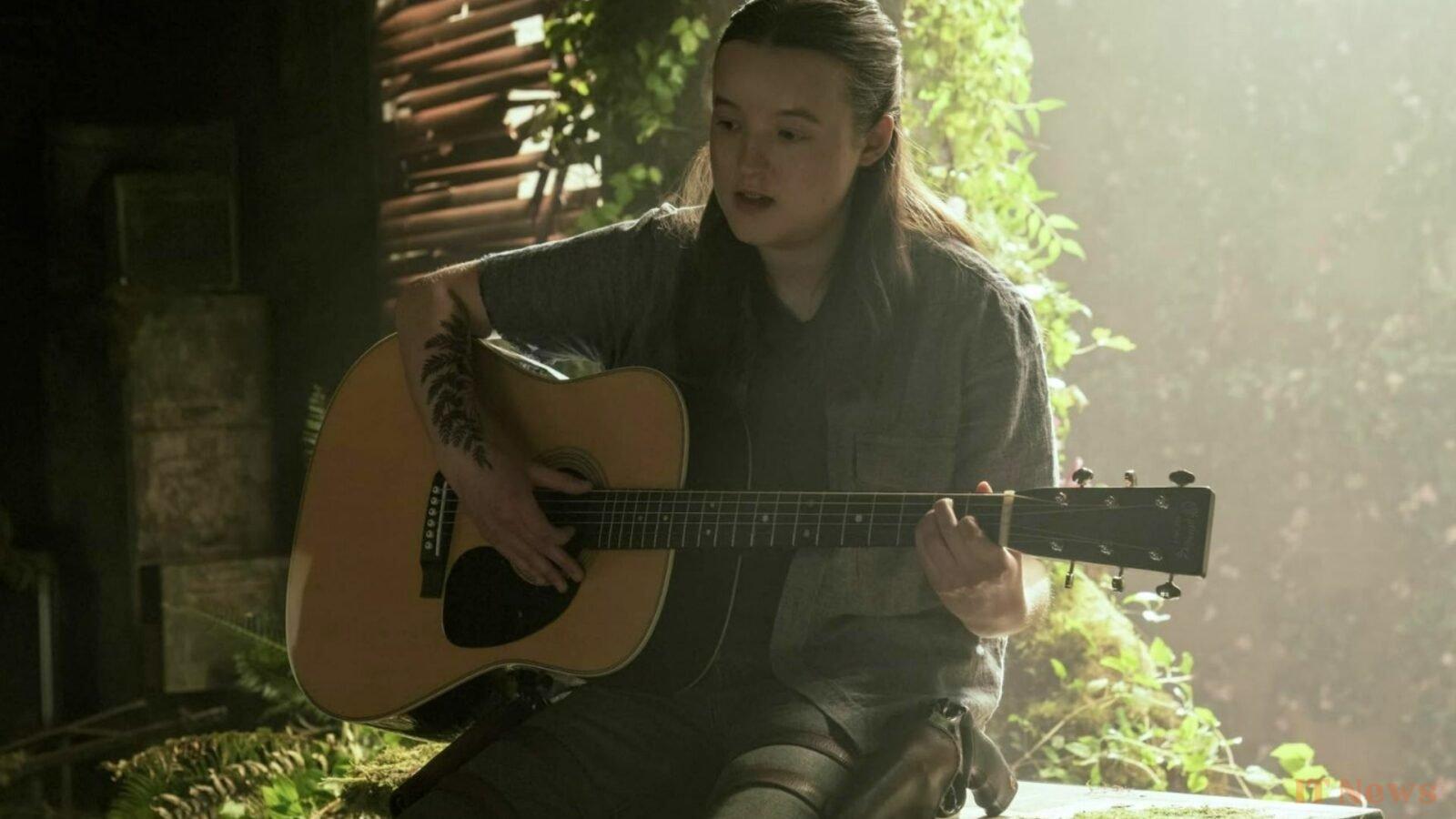
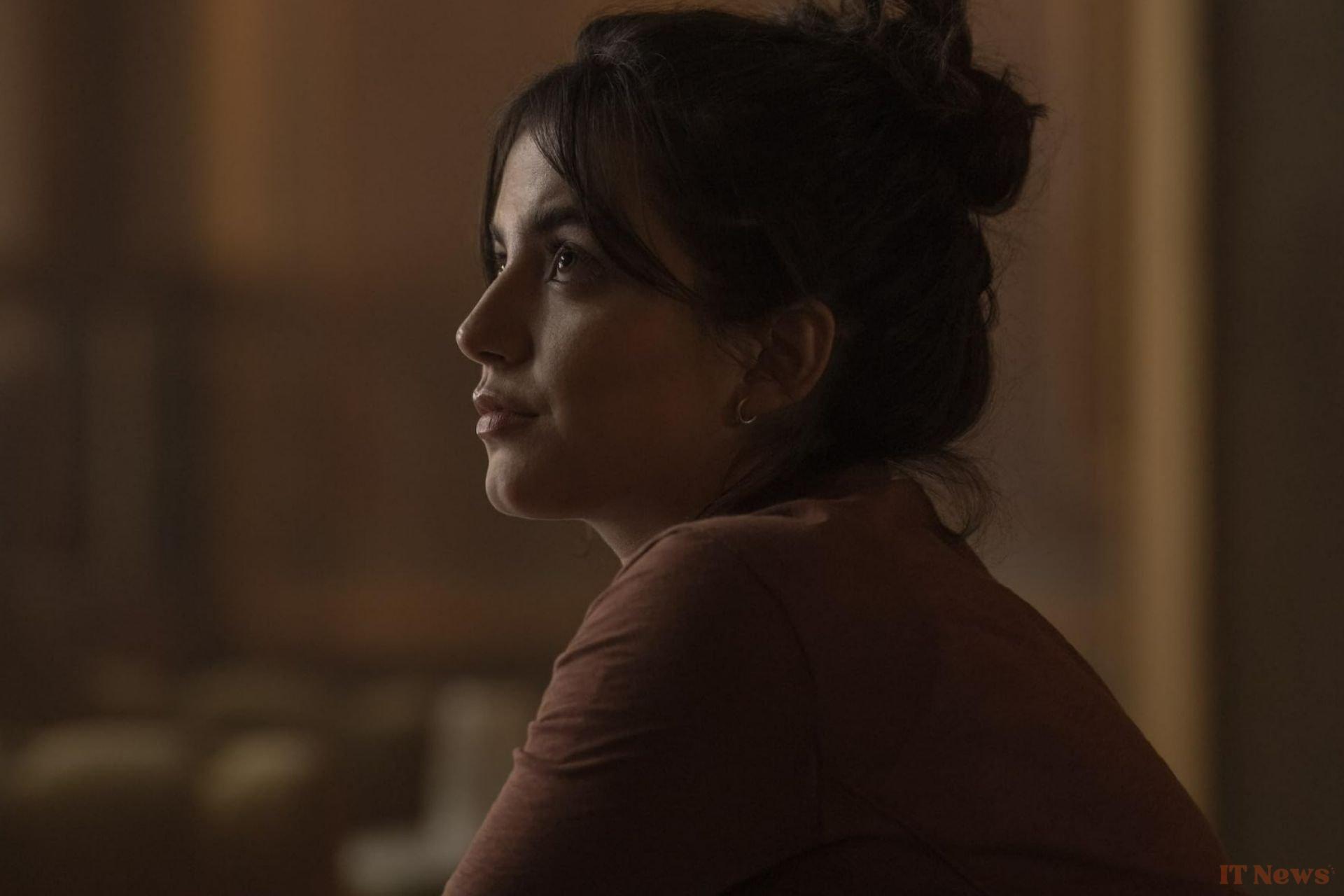
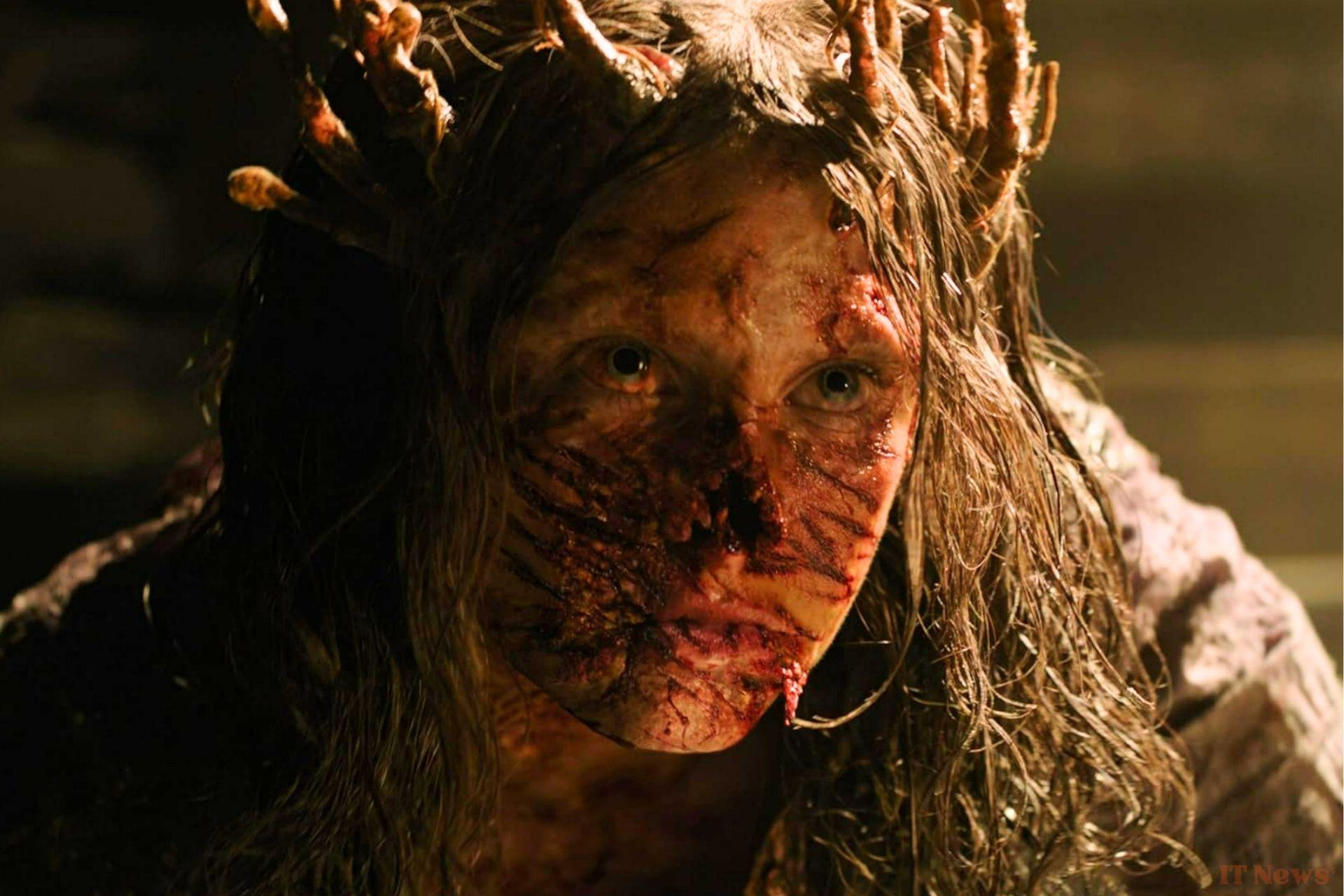
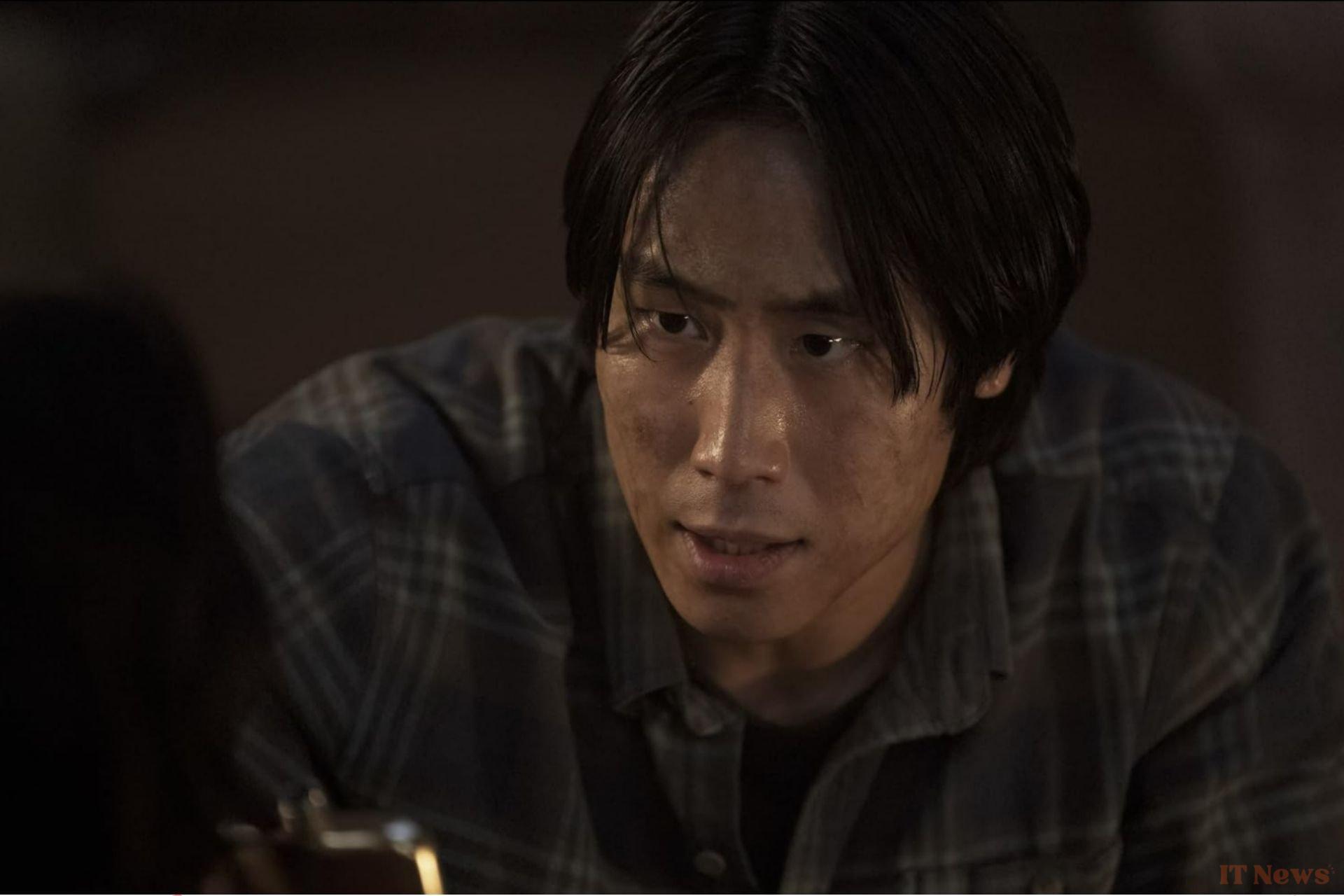
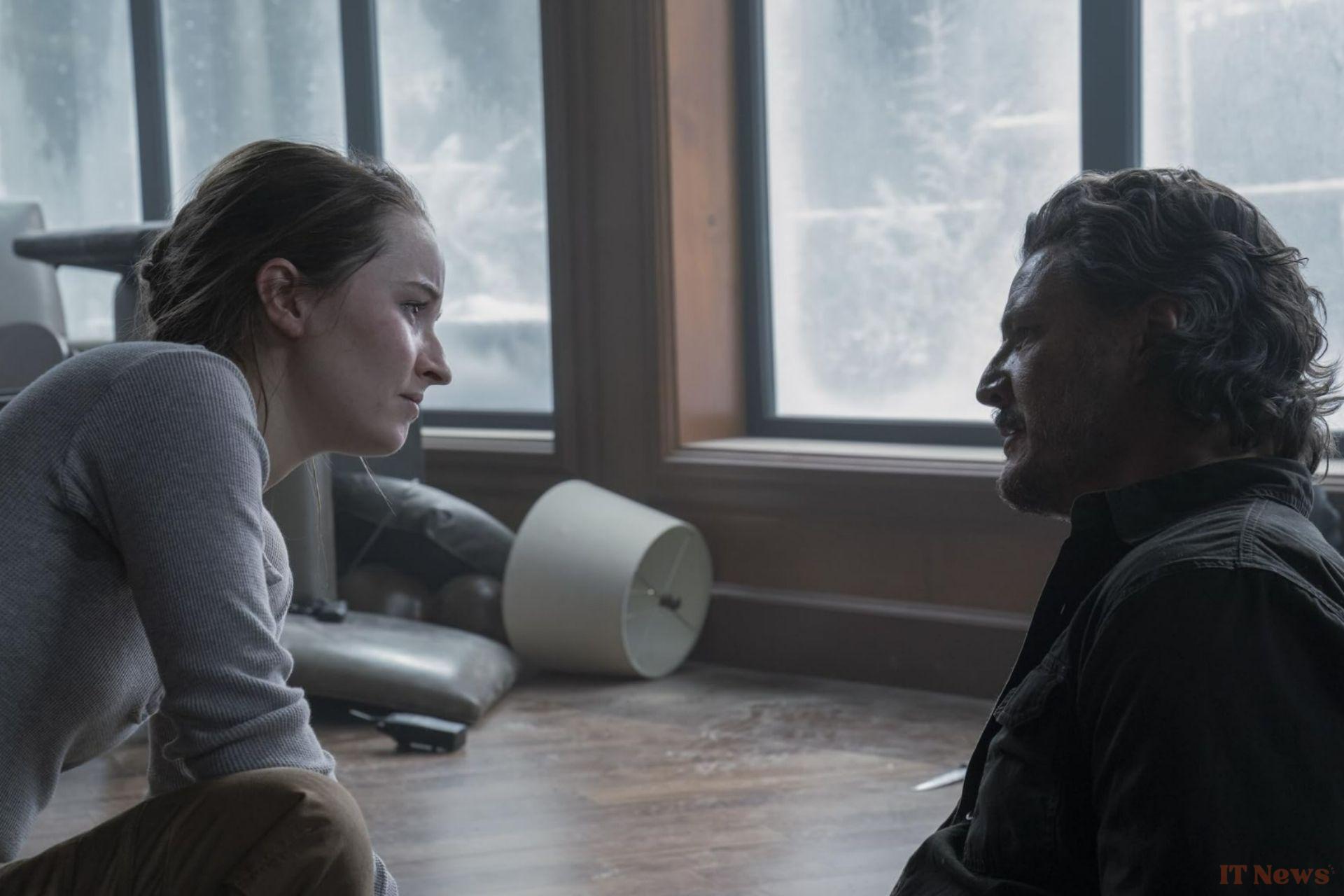
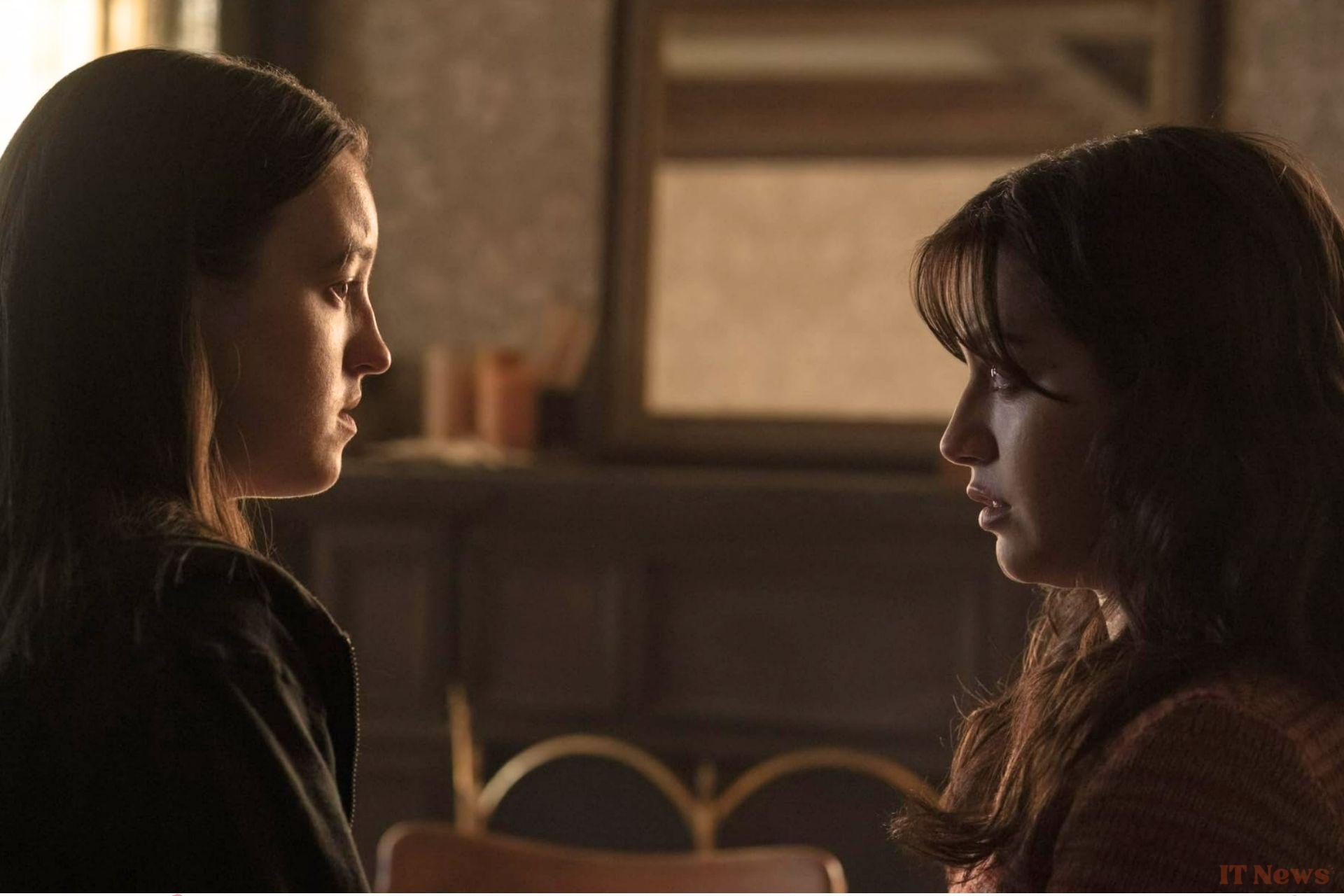

0 Comments